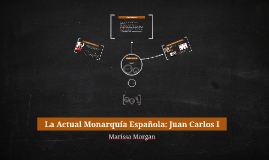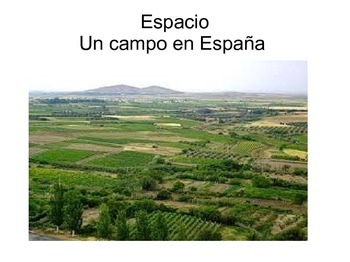

This influence can be seen in such works as those published in her 1961 collection Historias de la Artámila ( Stories from Artámila), all of which deal with the people that Matute met during her recovery.

Matute says that she was profoundly influenced by the villagers whom she met during her time there. At the age of four she almost died from a chronic kidney infection, and was taken to live with her grandparents in Mansilla de la Sierra, a small town in the mountains, for a period of recovery.

Her academic life also led her to be an honorific member in the Hispanic Society of America and, in the year 2013, to be a juror in the Miguel de Cervantes Prize, the most important in spanish language.Matute was born on 26 July 1925. In the year 1998, she was elected as a member of the Real Academia Española, becoming the third woman that could take part in the spanish language academia. She claimed that, although her body was old, she was young at heart. She was outspoken about subjects such as the benefits of emotional suffering, the constant changing of a human being, and how innocence is never completely lost. She traveled in various countries, especially the United States, as a lecturer. However, she refused to use this as material for any of her stories.ĭuring her last years, before being very ill, Matute worked as university professor. This caused Matute great emotional distress.
#Pecado de omision ana maria matute full#
Because of the laws of Spain, following her divorce she was not allowed to see her son, as the law gave full care over to her ex-husband. She married Ramón Eugenio de Goicoechea, also a writer, on 17 November 1952, and the couple had a son, Juan Pablo, to whom Matute dedicated various children's stories. Since Matute matured as a writer in this posguerra period under Franco's oppressive regime, some of the most recurrent themes in her works are violence, alienation, misery, and especially the loss of innocence. The violence brought on by the war continued through much of his reign. Franco established a dictatorship which lasted thirty-six years, until his death in 1975. She considered not only "the battles between the two factions, but also the internal aggression within each one" The war resulted in Francisco Franco's rise to power, starting in 1936 and escalating until 1939, when he took control of the entire country. She was almost ten years old when the Spanish Civil War broke out in 1936, and this conflict is said to have had the greatest impact on Matute's writing. Settings reminiscent of that town are also often used as settings for her other work. This influence can be seen in such works as those published in the 1961 anthology Historias de la Artamila ("Stories about the Artamila", all of which deal with the people that Matute met during her recovery). When she was four years old, she almost died of an illness, and was taken to live with her grandparents in San Mansilla de la Sierra, a small town in the mountains, for a period of convalescence.

Matute spent a considerable amount of time in Madrid during her childhood as well, but few of her stories are set there. Her father, Facundo Matute, owned an umbrella factory and has been credited with inspiring his daughter's creativity. When she was four years old, she almost d Ana María Matute Ausejo was born in Barcelona, Spain, the second of five children in a conservative middle class family. Ana María Matute Ausejo was born in Barcelona, Spain, the second of five children in a conservative middle class family.


 0 kommentar(er)
0 kommentar(er)
